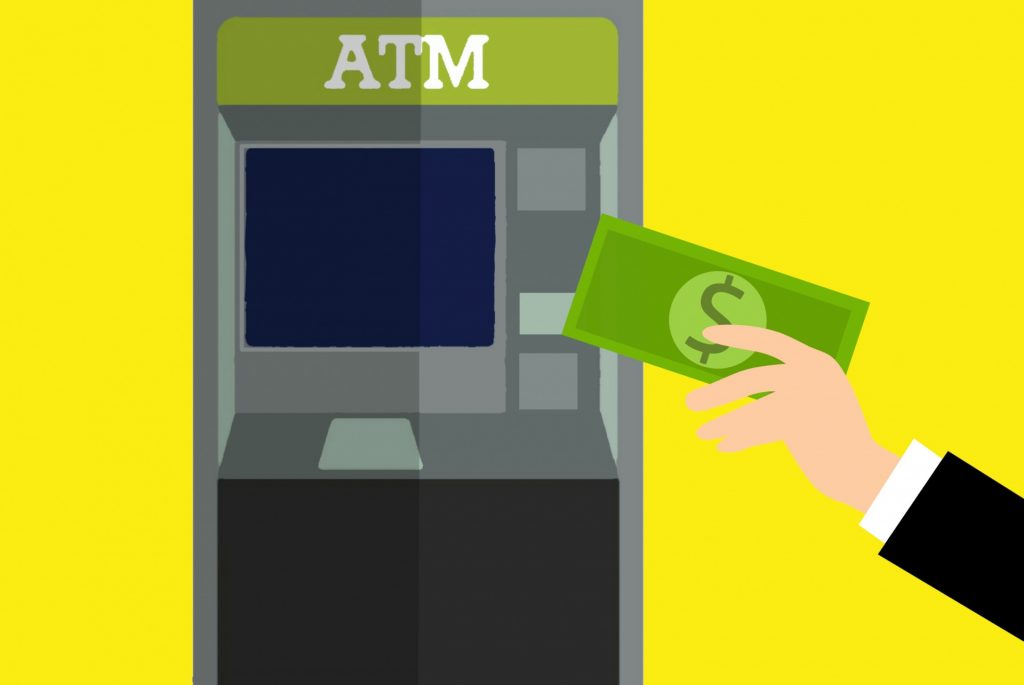As the British economy becomes more cashless people are using ATMs less.
When’s the last time you used cash to pay for something? If you’re left scratching your head, you’re not alone. From cups of coffee to bus journeys, many of us now use our debit cards/credit cards/phones for even the smallest purchases.
One of the side-effects is that ATMs are being used a lot less than they used to be. And the less we use ATMs, the less likely shops, banks and high streets are to have them: ATMs are currently disappearing at a rate of 300 a month. Free ATMs - where you don’t have to pay a fee to get your cash out - are disproportionately likely to get the chop.
That’s because ATMs cost money. You have to buy materials and hire workers to put them together, pay for electricity to run them and pay for more workers to install them, maintain them, and fill them with money. And for some ATM owners (businesses like corner shops and nightclubs, plus companies whose whole business model is to buy lots of ATMs and lease them out) cash machines also need to net them a profit.
So ‘free’ ATMs aren’t really free. Someone (usually a bank, who figures having easy, free access to their money is a big reason people become customers) is subsidising the cost of you getting your money out.
But when less people are using ATMs, banks stop seeing them as worth spending money on. And because banks pay independent ATM owners per transaction, less people using ATMs means those ATM owners start struggling to make a profit on their machines, or even enough money to cover their costs. So they introduce withdrawal fees or get rid of them.
But if the economy is becoming more and more cashless, are fewer free ATMs a problem? Probably, because the people most likely to be impacted by their disappearance are also the people least able to afford the change. Poorer individuals and smaller businesses are both disproportionately likely to use cash. It’s harder for lower-income people to get credit cards, and it costs three times as much for businesses to process card payments than cash ones (because of bank fees).
Read our explainer on: digital money

